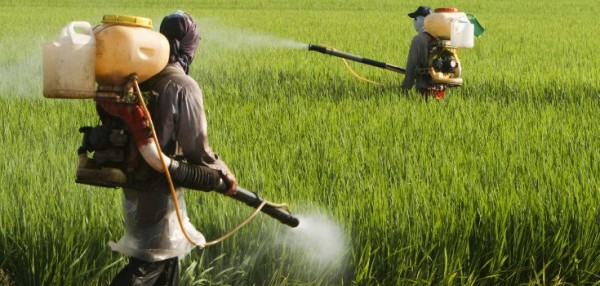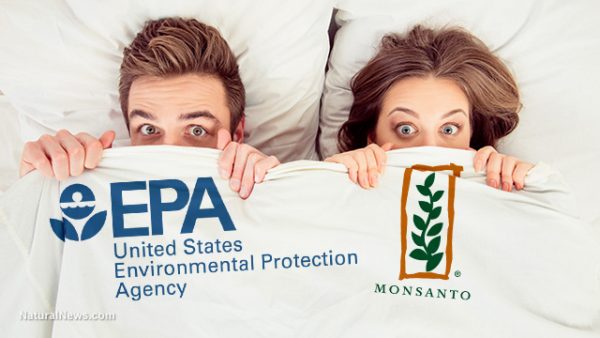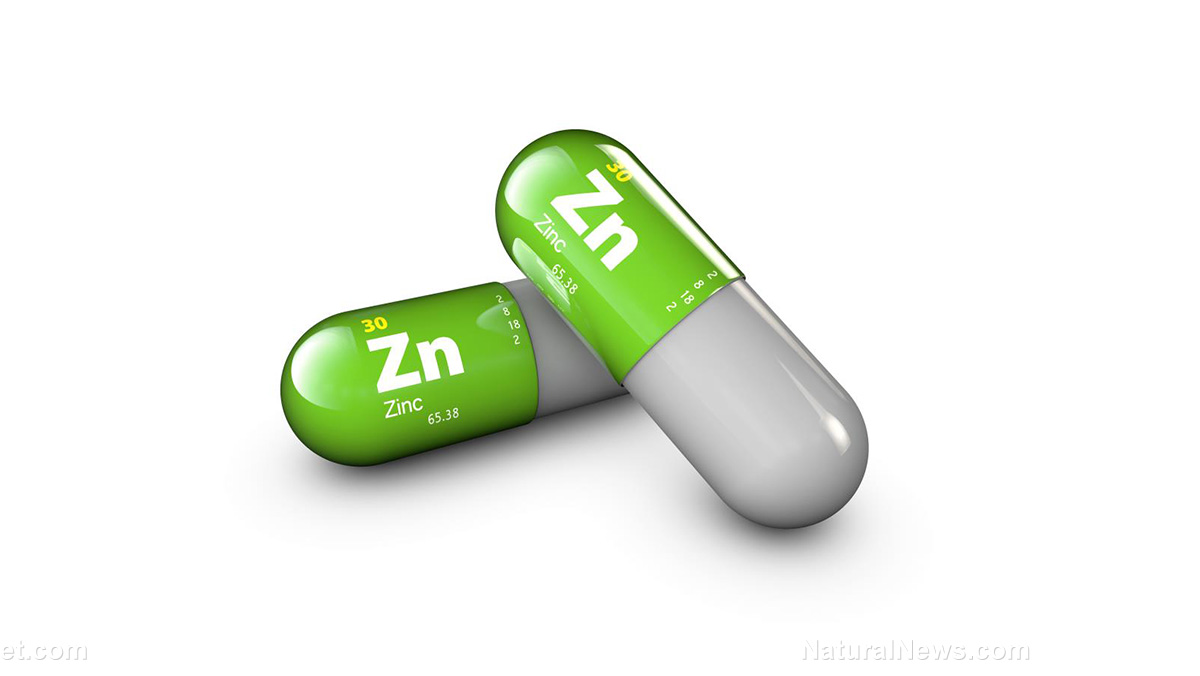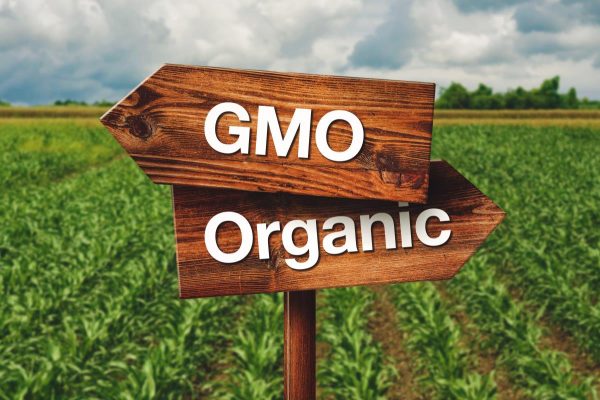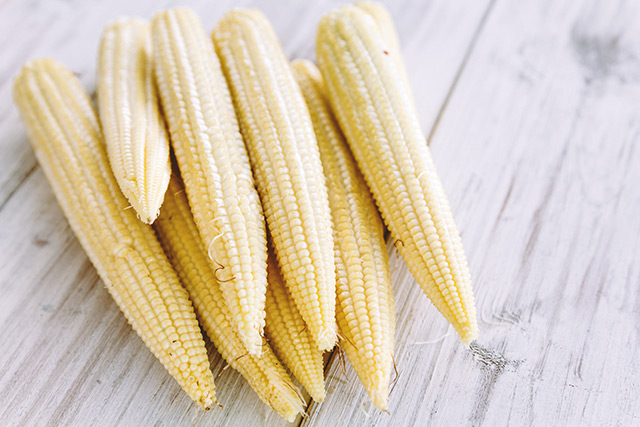After much fanfare, a state appeals court has ruled that California can list glyphosate as a carcinogen — and that the state’s ban on discharging the herbicide into public waterways stands, too. Despite Monsanto’s best efforts to keep the toxicity of their product under wraps, the ruling in California is undoubtedly a small victory for concerned consumers and environmental advocates everywhere. The great debate surrounding glyphosate has been in full swing for quite some time now. But in spite of this ruling, its clear that the drama and the controversies (and the health risks) coming from Monsanto and their flagship product, glyphosate-containing Roundup, are far from over.
Since the Golden State first proposed that Monsanto’s glyphosate-containing products should be recognized as carcinogenic, the biotech giant has been fighting tooth and nail to keep the public from knowing the truth about their products. Indeed, the efforts to which Monsanto has gone to keep the toxicity of glyphosate (and Roundup) under wraps is truly unmatched.
The recent ruling regarded Monsanto’s attempt at discrediting the World Health Organization’s International Agency for Cancer Research (IARC)– by claiming that California was “was illegally delegating lawmaking powers to an unaccountable foreign agency.”
The WHO is considered part of the U.N., an organization of which the U.S. is a member, and is the world’s leading health agency– hardly an “unaccountable” organization.
Fortunately, the Fifth District Court of Appeals in Fresno has rejected Monsanto’s argument, which means that California’s right to list glyphosate as a carcinogen and prevent it from being discharged into public waterways.
In an earlier case this past February, a federal judge in Sacramento put the kibosh on the state’s call for glyphosate-containing products bear a warning label. As sources report, U.S. District Judge William Shubb said that the IARC’s results regarding glyphosate “had been contradicted by other studies, including one by the U.S. Environmental Protection Agency that found no link to cancer.”
Clearly, Shubb did not read the heartbreaking letter from a dying EPA scientist, begging her colleagues to “do the right thing” and tell the truth about glyphosate. Otherwise, he’d know that the EPA’s stance on glyphosate is far from reliable.
Or really, any government agency in the US, for that matter — the FDA has been hiding what they know about glyphosate, too.
In spite of their best efforts the truth has come out, but the fight still isn’t over
Environmental activists have been quick to cheer on the Fresno ruling. Rebecca Riley, a lawyer for the Natural Resources Defense Council in San Francisco, commented, “This is a win for science and democracy.”
“The ruling clearly backs the voters’ choice to rely on expert scientific bodies to add dangerous chemicals to its list,” she continued.
But while the upholding of state rights is always a cause for celebration these days, it’s likely that Monsanto is planning on taking their case to the next level, by asking the Supreme Court for another review.
Monsanto executive Scott Partridge maintained that “no regulatory body in the world has concluded that glyphosate causes cancer,” and claimed that so-called “independent researchers” had concluded that the IARC used ‘“flawed and incomplete science” to draw their conclusion.
Perhaps Partridge is referring to one Bob Tarone — the man who authored a report decrying the IARC findings as a “flawed and incomplete summary.” Funny how Tarone used almost the same exact words as Partrdige, eh? Tarone was also featured in a hit piece to salvage Monsanto’s reputation.
It comes as no surprise that this so-called “independent researcher” actually turned out to be a paid shill for Monsanto.
IARC reports that his 2017 “research” paper will be amended to denote the fact that he was paid for his “opinion” by Monsanto, and that the revision will be re-labeled an “opinion paper” instead of a “research paper.”
Monsanto is known for stooping low to keep profits high; who knows what kind of scheme they’ll try to pull off next. Stay current on their latest atrocities at Monsanto.news.
Sources for this article include:
SFGate.com
GreenAmerica.org

